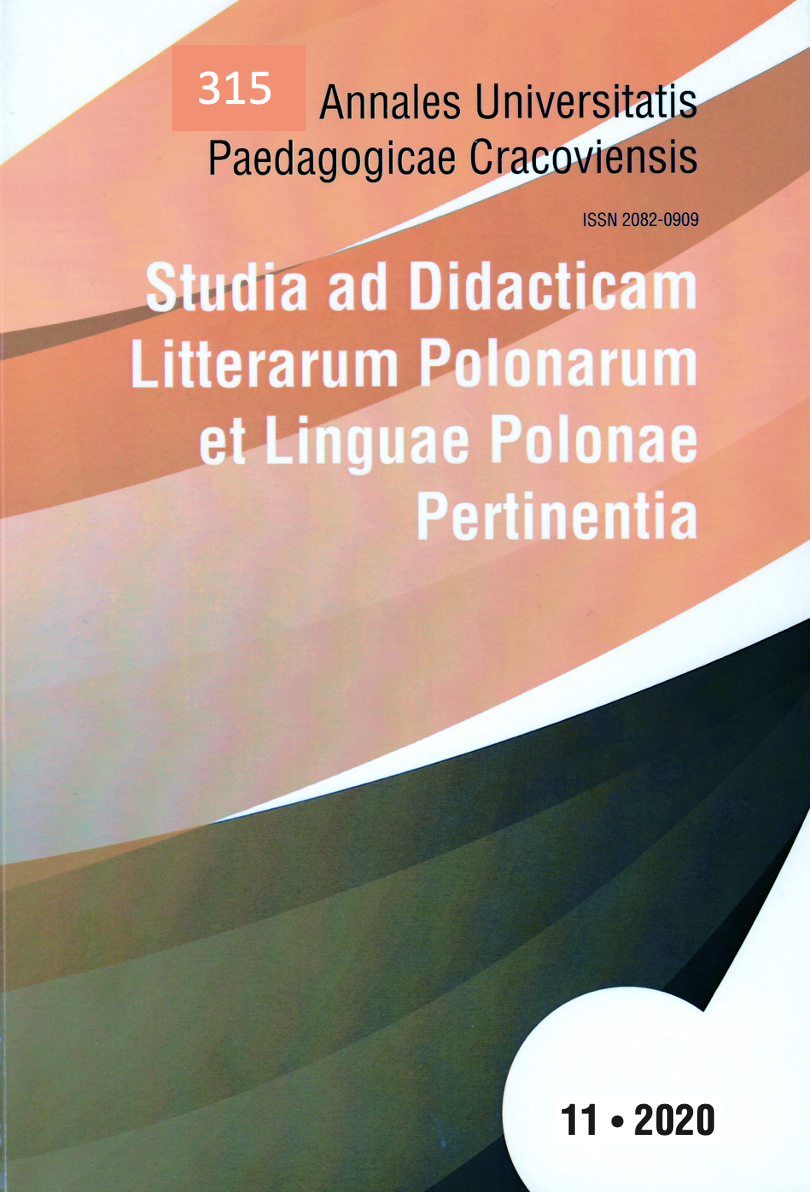Нове програмске тенденције у васпитно-образовном раду. Предшколски програм у Републици Србији
The New Curricular Trends in Educational Work. The Preschool Curriculum of the Republic of Serbia
Author(s): Višnja S. Mićić, Vladimir RastegoracSubject(s): Language and Literature Studies, Education, Applied Linguistics
Published by: Wydawnictwo Uniwersytetu Komisji Edukacji Narodowej w Krakowie
Keywords: preschool curriculum; poststructuralism; project approach; critical review;
Summary/Abstract: The focus of this text is set on the concept of educational work that was presented within therecently adopted Fundamentals of the preschool curriculum ‘The years of ascension’ (2018).The emphasis is put on the analysis of theoretical foundations, terminology, educationaltendencies, and the question of the initial education of preschool teachers in Serbia.This recently adopted curriculum is based on the contemporary curricular theories, theoreticalprinciples of the pedagogical and developmental psychology, sociology, anthropology, andother disciplines. The concept of childhood, and mainly of the child, is based on the socioculturaltheories and poststructuralism. Even though this approach can be seen as modern in thecontext of educational work in Serbia, the curriculum seems to lack a stronger demonstrationof the scope and limitations of foundations that are based on poststructuralism, as well asthe socio-political conditionality that supports the designation of these foundations. In thisrespect, even the framework that this programme is based on (the UN and the EU documents)is not supported with the critical insight into the particularity of the national framework itwas created for.The significant part of the curriculum is dedicated to the representation of socio-culturalconceptions of childhood. The children are seen as the ‘the playful beings’ and the game astheir natural relationship with the world. The project approach and the complex definitionof the concept of child’s wellbeing are the core of ‘The years of ascension’. The importantcharacteristic of the new curriculum is the introduction of a large number of new terms thatcan be regarded as an update and a starting point for new approaches to the problem. Thepossible drawbacks of the mentioned viewpoints pertain to: 1) the insufficiently specifiedawareness that the idea of the child represented in the curriculum is only one of manypossible ideas, (2) the contradicting definition of the idea of wellbeing (with the accent on theproblem with defining the correlation between safety and flexibility in educational work), (3)the possible doubts regarding the usage of certain terms (we studied the idea of authenticity,as well as the strong opposition to spontaneity in co-construction of knowledge in the processof planning the learning situations).The presence of binary simplifications in the curriculum carries with itself a possibility thatevery attempt to reassess and relativize the values of opposing elements can easily be markedas regressive (even if it is not), if one element has a positive value and the other one hasa negative value (which is often the case in the curriculum).Little significance given to the proper preparation of pre-school teachers is regarded asa serious problem. Moving the focus away from the concrete knowledge and professionalcare for the developmental aspects of child’s character could easily be interpreted as theabandonment of these concepts rather than their perception in a new light – the light ofdecomposition and co-construction of knowledge. The newly adopted concept of foundationssuggests that the competence of preschool teachers will expand and include a series ofpedagogical and psychological skills and knowledge at the expense of the foundation oftheir competence in those sciences that form the basis of development areas (that should beencouraged with children). In contrast to this attitude, we should not forget that the academicknowledge of preschool teachers, as well as their own inquisitiveness and their willingnessto learn and to explore, represents the foundation for the creative approach to preschooleducational practice that aspire to timely answer the children’s inquisitiveness and toencourage their interest in better understanding of themselves and the world around them.The long-term intention of preschool education should be to develop the need for educationas the integral part of both the children’s and the teachers’ characters, and keeping up with these directions (speaking competence, early literacy, etc) would increase if the key aspectof children’s character development would be operationalised and defined with standards.
- Issue Year: 11/2020
- Issue No: 315
- Page Range: 217-227
- Page Count: 11
- Language: Serbian

